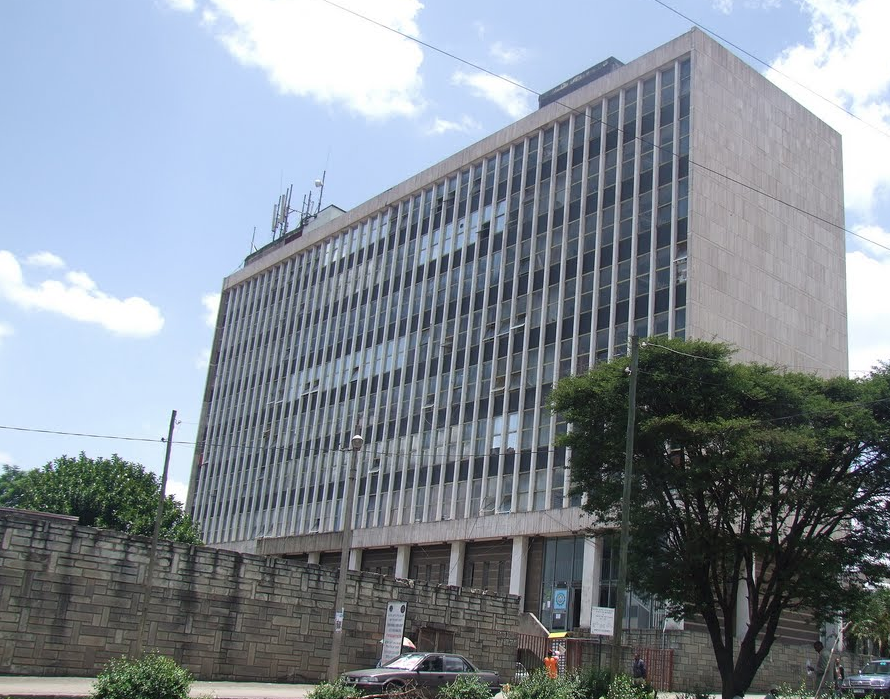
Radar | Feb 24,2024
For as long as he could remember, 18-year-old Menase Samuel had dreamed of studying software engineering at Addis Abeba University (AAU). Like many of his peers, he saw AAU as the pinnacle of higher education, a gateway to opportunities that could lift his family out of poverty. When the University announced it was accepting applications for self-sponsored positions, Menase did not hesitate.
Despite lacking a financial support letter from his local kebele — a requirement for assistance — he rushed to apply, believing he could resolve the affordability issue later.
"I didn't want to miss the opportunity," he recalled.
Determined, he registered and sat for the entrance exam, scoring an impressive 83pc. It was enough to secure a place in his first program of choice, a five-year software engineering course at AAU's Amist Kilo campus. But his elation was short-lived. The tuition fee was 1,500 Br for a credit hour. With 30 credit hours per semester over five years, the total cost was 450,000 Br, excluding accommodation and other expenses.
The sum was insurmountable for Menase, whose father earns only 12,000 Br a month as the family's sole breadwinner.
"AAU's tuition fees slammed the door shut on my future at the University," said Menase, his voice tinged with disappointment.
Unable to afford AAU, Menase opted to enrol at Addis Abeba Science & Technology University (AASTU) instead. In the Qilinto suburb of the capital, AASTU accepts students based on entrance exams and still employs the government's cost-sharing program. Menase's score of 481 out of 600 on the national school leaving exam left him only 19 points shy of eligibility for a merit-based scholarship at AAU.
Poor communication from AAU compounded his frustrations.
"Everything felt rushed and unclear," he says.
Essential details about fees and payment structures were not clarified until it was too late. Another top scorer, a friend of his, almost missed out on an academic scholarship due to the same lack of clarity.
"Every communication was rushed," Menase reflects.
AAU's shift toward autonomy has ushered in important changes, particularly over tuition fees. Previously, students could pay their tuition on a cost-sharing basis with the government, contributing 10pc of their monthly paycheck after securing employment within a year of graduation. The University's newfound autonomy has now scrapped this system, demanding upfront payments from students. The newly instated tuition fees for undergraduate programs range from 600 Br to over 2,300 Br per credit hour. A four-year social science program costs a minimum of 144,000 Br, while a six-year clinical program like medicine can set students back almost one million Birr.
AAU's leadership insists that the new fee structure is necessary to maintain and enhance academic standards. According to the academic Vice President, Jeilu Oumer (Associate Prof.), the institution does not operate for profit.
"The tuition fees are aligned with the market," he said. "They're meant solely to cover academic expenses."
Jeilu believes that the University is offering scholarships to address the financial burden. AAU will provide 2,660 public-funded scholarships this academic year, with an additional 200 based on entrance exam performance. The University has accepted 5,300 undergraduate students for the upcoming academic year, down from previous intakes of 6,000 to 10,000 students. A total of 11,939 students took the entrance exam at 19 centres across Ethiopia, including regional universities in Bahir Dar, Wollo, Meqelle, Dire Dawa, Hawassa, and Jimma. Around half of exam takers were accepted.
"Students are expected to begin their education shortly in the coming days," said Jeilu.
Not everyone is as unfortunate as Menase. Some families are willing and able to shoulder the costs.
Dagmawit TesfaMichael, who scored 72pc on her entrance exam, was accepted into the public relations department, her second choice. Her family is prepared to pay 18,000 Br per semester for the four-year program to keep her studying in their hometown. Yet even she wishes for more flexible payment options.
"I would prefer a deferred, staggered payment plan instead of paying upfront," she told Fortune.
The University has made some efforts to ease the financial strain. Students who pay their tuition in full at the start of the year receive a discount, while others are allowed to pay in instalments. According to Jeilu, on-campus work opportunities are also being considered. But, there is currently no provision for student loans, although there are plans to offer scholarships and financial support from AAU's endowment fund.
According to Matiwos Ensermu (PhD), a vice president in the President's office, the University's board sets the tuition fee after considering research and administrative costs. Programs requiring laboratory and fieldwork have higher fees.
"The University's academic expenses and maintenance costs were also considered," he said.
This year, AAU will provide dormitories for both postgraduate and undergraduate students at a monthly rent of 1,500 Br.
"The government will determine the fees for meals," said Matiwos, clarifying that tuition and other fees are distinct.
According to Matiwos, the University is undergoing major changes that will affect every department and structure within the institution. A total of 18 programs have been removed or put on hold due to a lack of student interest and other factors.
"There will be shuffling," he disclosed.
The new leadership of AAU strongly emphasises research and postgraduate programs, particularly in fields like medicine. The shift is evident in the development of AAU-affiliated Tikur Anbesa Specialised Hospital, which is expanding with three new buildings, including a dormitory, under construction. These improvements come at a cost. The University has budgeted two billion Birr for the operations, still fully funded by the government.
The University plans to generate 30pc of its budget from additional income sources. Its five-year strategic plan sets eyes on raising its budget to three billion Birr through non-public funding sources, including tuition fees, research grants, and consultancy services. However, managing staff expectations, estimated to reach 6,043 and more than half support staff, will not be easy.
"Employees expect a salary raise at the onset of autonomy, which is impossible," Matiwos told Fortune.
The issue is expected to be addressed once the institution stabilises its structure and financial operations. According to Samson Mekonnen (PhD), a vice president and head of communications, lecturers will get paid based on the value of their work. Those involved in substantial projects with international companies will be freed from bureaucratic hurdles that previously constrained such initiatives, compelling academic staff to open consultancy offices to bypass the limits.
Tileye Feyissa (Prof.) believes the University's autonomy will enable a better and more competitive working environment.
"There will be no casual graduation for students," he told Fortune, adding that the current focus will enable lecturers to produce students who excel both in their departments and on the international stage. "To achieve this, it is upon the University to attract highly qualified staff."
The trendy initiative to transform higher education institutions into autonomous public universities has others in its sights. Jimma University is currently gaining autonomy and hopes to be second to attain such status within the next two or three years. According to Gemechis File (PhD), a vice president at Jimma University, the "fee of AAU will not become a benchmark for every university."
Authorities are taking a cautious approach to this initiative.
Solomon Abreha (PhD), CEO of governance and infrastructure at the Ministry of Education, stated that the post-autonomy scholastic quality of AAU will only be assessed in a few years. However, the years in between will be checked on the quality of education — and not the tuition model — as autonomy entails.
"The progress is still in its early stage for evaluation," said Solomon.
Experts urge AAU to be globally competitive and operate independently of government funding constraints. Fitsum Gebre Michael is an educational policy expert. He believes that AAU's autonomy is necessary to improve education quality but acknowledges the challenges it brings.
"Universities need independent financial and educational structures to excel truly," he told Fortune.
However, Fitsum cautions that without careful balance, the financial burden on students could stifle the University's mission to provide accessible education for all.
"The scholarships AAU offers are crucial," he said, questioning how long they will be sustainable, referring to the scholarships covering nearly half the student population. "It's a fair adjustment for now."
But if these scholarships were to diminish, many students would struggle to afford their education, particularly in graduate and doctoral programs where tuition fees are often higher. Fitsum urged AAU and other future autonomous universities to explore partnerships with the private sector, NGOs, and international organisations to provide students with more scholarships and financial aid.
"The University should be able to generate income in various ways," he said. "Increasing internal revenue through research partnerships and consultancy services could help alleviate some of the financial pressure on students."
For students like Menase, these changes come too late. As he prepares to start his studies at AASTU, he cannot help but wonder what might have been if AAU's new policies had been more accommodating.
"I was so close to my dream," he told Fortune. "But the door was shut before I could even step through."
PUBLISHED ON
Oct 06,2024 [ VOL
25 , NO
1275]

Radar | Feb 24,2024
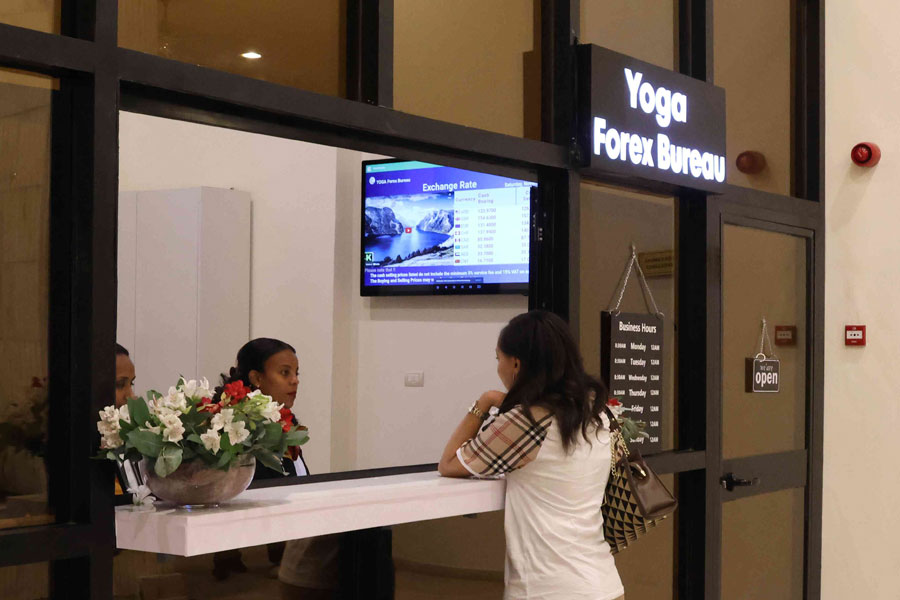
Featured | Nov 16,2024
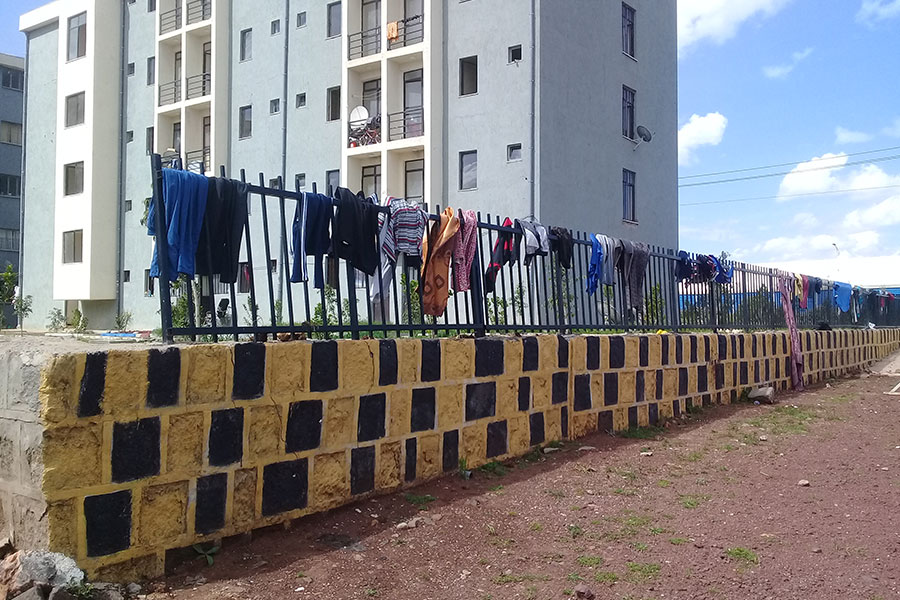
Radar | May 27,2023
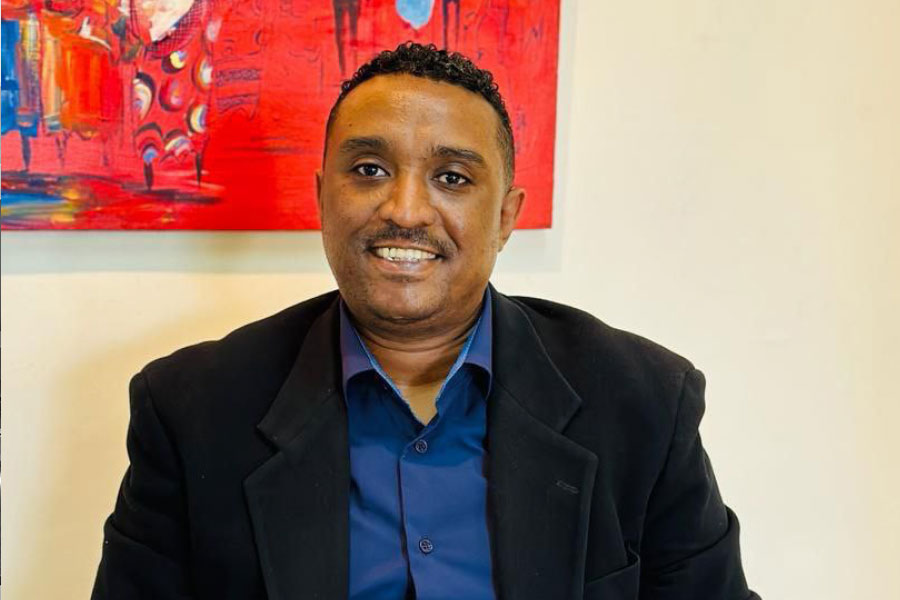
Exclusive Interviews | Apr 19,2025
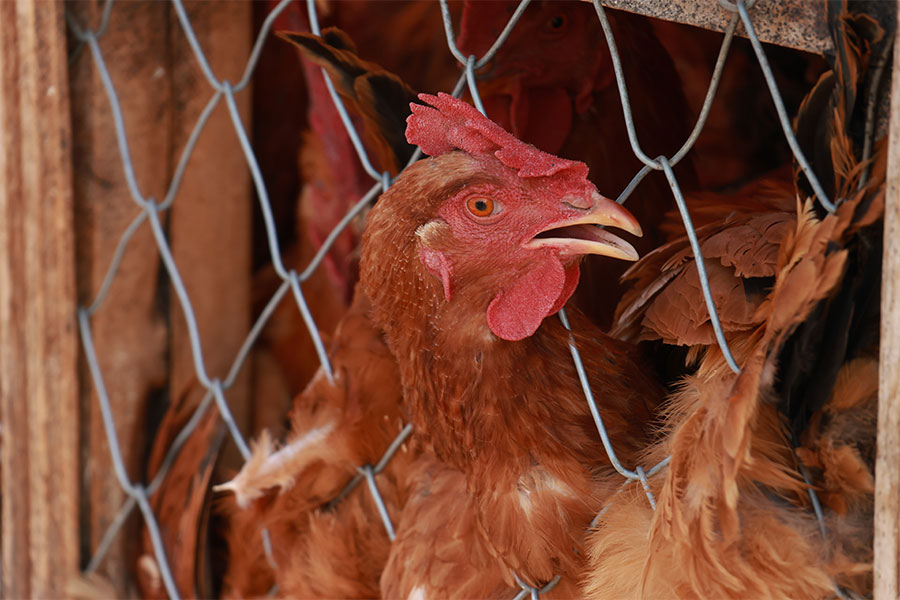
Radar | Jan 09,2024
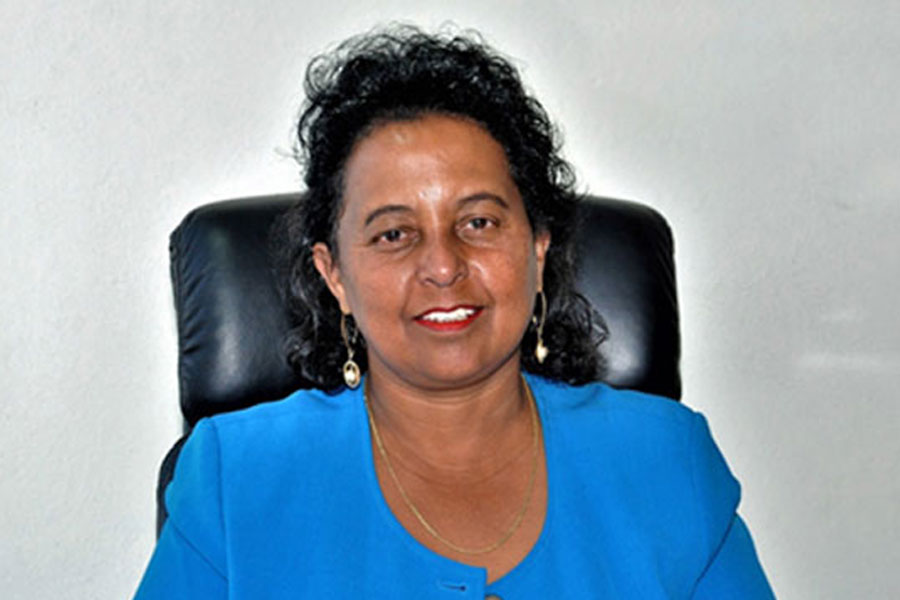
Fortune News | Apr 15,2023

Fortune News | Nov 03,2024

Viewpoints | May 11,2023
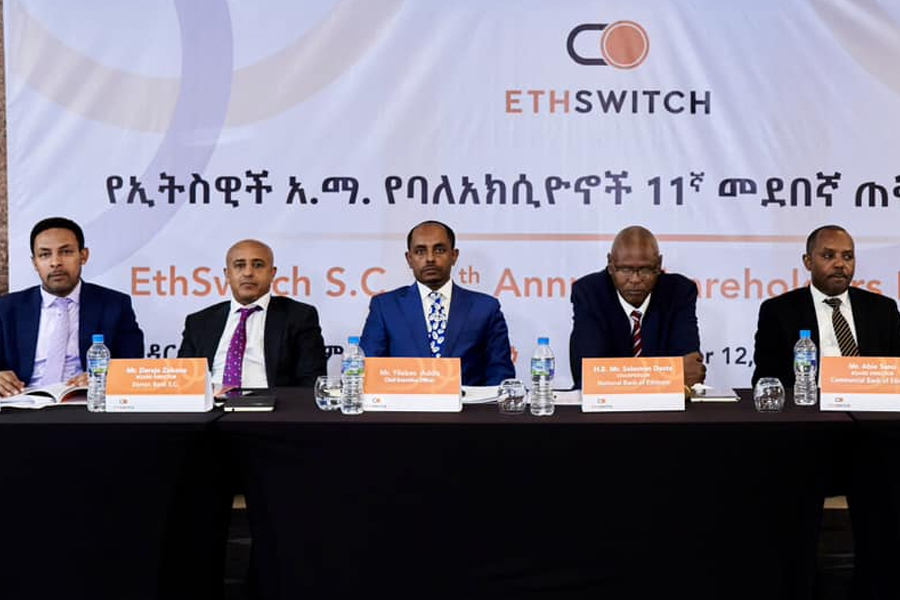
Radar | Nov 16,2024

Fortune News | Sep 07,2025

Dec 22 , 2024 . By TIZITA SHEWAFERAW
Charged with transforming colossal state-owned enterprises into modern and competitiv...

Aug 18 , 2024 . By AKSAH ITALO
Although predictable Yonas Zerihun's job in the ride-hailing service is not immune to...

Jul 28 , 2024 . By TIZITA SHEWAFERAW
Unhabitual, perhaps too many, Samuel Gebreyohannes, 38, used to occasionally enjoy a couple of beers at breakfast. However, he recently swit...

Jul 13 , 2024 . By AKSAH ITALO
Investors who rely on tractors, trucks, and field vehicles for commuting, transporting commodities, and f...

Nov 1 , 2025
The National Bank of Ethiopia (NBE) issued a statement two weeks ago that appeared to...

Oct 25 , 2025
The regulatory machinery is on overdrive. In only two years, no fewer than 35 new pro...

Oct 18 , 2025
The political establishment, notably the ruling party and its top brass, has become p...

Oct 11 , 2025
Ladislas Farago, a roving Associated Press (AP) correspondent, arrived in Ethiopia in...